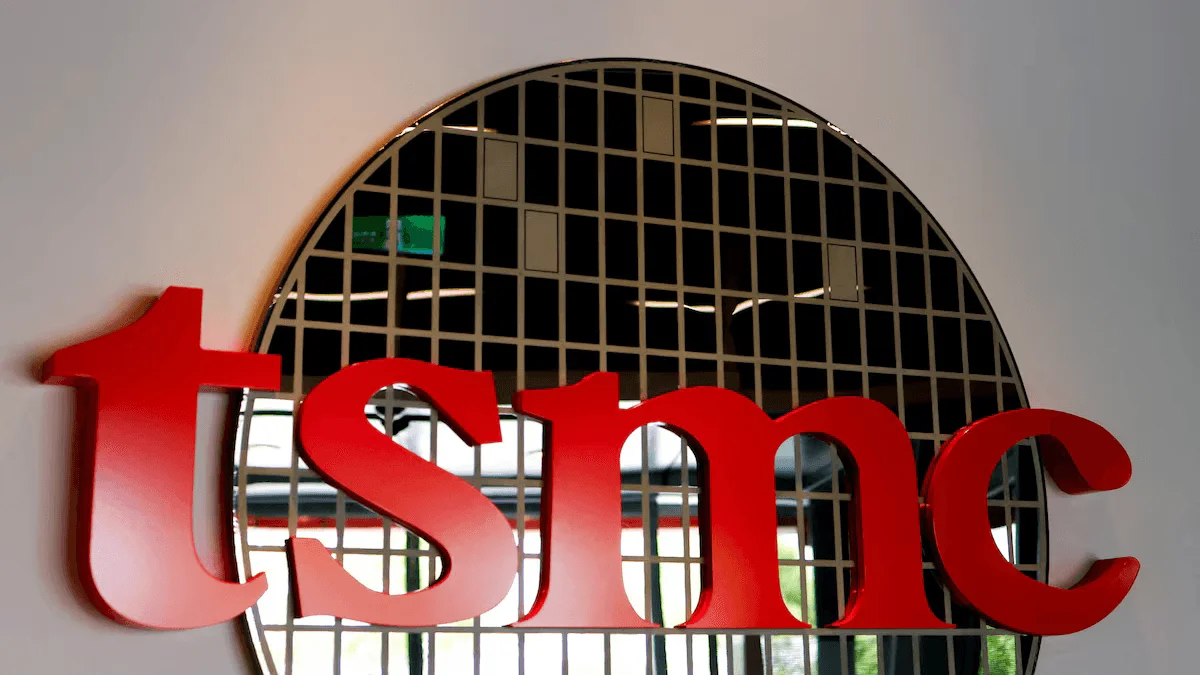Necessary Always Active
Necessary cookies are required to enable the basic features of this site, such as providing secure log-in or adjusting your consent preferences. These cookies do not store any personally identifiable data.
|
||||||
|
||||||
|
||||||
|

The new TSMC Arizona plant may not receive the most advanced AI chip technology before plants in Taiwan, Reuters has reported. TSMC CEO and Chairman C.C. Wei attributed the delay in getting these chips to the new factory to complex local construction regulations, compliance issues, and permission requirements.
TSMC is investing $65 billion in the construction of giant plants in Arizona. While detailing the challenges that the giant chip manufacturer is experiencing in the US, Wei said that construction of the TSMC new factory in the US has taken twice as long compared to Taiwan.
“Every step requires a permit, and after the permit is approved, it takes at least twice as long as in Taiwan,” Wei said at a National Taiwan University event.
Wei added that these challenges make it difficult for the chip manufacturer to use its He added that it would therefore be hard for TSMC to use TSMC’s latest chip technology in the US before it does so in Taiwan.
Taiwan is working on rebuilding its domestic chip production sector. TSMC says production of its most advanced chips will remain in Taiwan. TSMC is the dominant manufacturer of advanced chips that big techs like Nvidia and Apple use.
Last year, TSMC started discussing the production of Blackwell chips for Nvidia Corp at its Arizona factory. During an earnings call on January 16, Wei expressed confidence in the production capacity of the Arizona factory despite the high cost and other challenges.
Wei said production levels and quality of chips at the new factory would be the same as Taiwans. He said he expected the ramp-up process to run smoothly.
Wei highlighted various issues that affect the cost of the Arizona plant. These include skilled worker shortages and several other challenges in the supply chain. For instance, the TSMC boss highlighted the lack of regulations to guide the construction of chip plants as a major challenge in the chip manufacturing industry. These gaps lead to high costs for companies.
“We ended up establishing 18,000 rules, which cost us $35 million,” Wei said,
He noted that the regulatory challenge has forced his company to finance the hiring of experts to partner with the local government to address regulatory problems. Worker shortages have also pushed TSMC into hiring 50% of construction workers in the Arizona factory project from Texas. This has increased the cost of the Arizona plant as the company caters to accommodation and relocation for the workers.
The other challenge has to do with costs relating to chemical supply in the US. Chemical costs in the US are five times higher than in Taiwan. Wei says that TSMC has had to ship sulphuric acid to Los Angeles from Taiwan, and then ferry it to Arizona via road.
The US government supports TSMC’s investment in chip production on American soil. The government has already finalized a $6.6 billion grant for the company under the Chips Act as it works towards diversifying geographical risk by boosting domestic production of semiconductors.
Last week, the Secretary at the US Department of Commerce Gina Raimondo said that TSMC had started manufacturing advanced 4 nanometer chips for American companies in the Arizona plant. According to the department, the production of these chips marks a milestone in the government’s efforts to increase the production of semiconductors locally.
The Taiwanese chip maker planned to manufacture the world’s most advanced 2-nanometer technology at its Arizona factory. Production of this technology is likely to commence in 2028. TSMC agreed to use A16 to manufacture chips in Arizona. A16 is the most advanced chip-making technology.